Climate change
In facing the urgent climate challenge we can make a difference for the future of us all. The actions we take today are crucial.
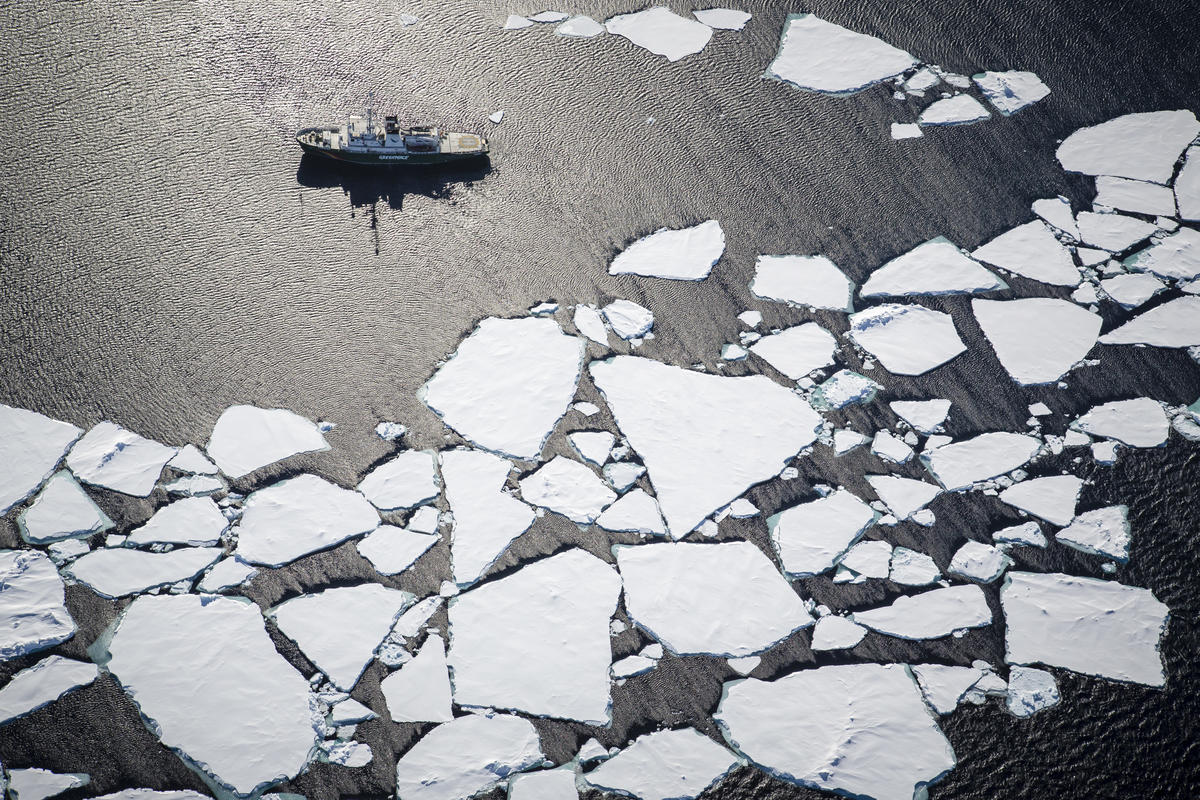
What is the climate crisis?
The climate crisis is the shift caused by human activity on average temperatures and weather patterns. And it’s threatening long-term human survival on Planet Earth.
Since the 1800s industrialised societies have been burning large amounts of fossil fuels such as coal, oil and natural gas.
Burning fossil fuels releases greenhouse gases such as carbon dioxide into the air. The gases build up over time and like a blanket traps heat, warming the planet. This is what we call global warming. Out-of-control global warming is causing the climate crisis.
And it’s not just fossil fuels. Cattle emit methane, a powerful greenhouse gas. Methane is dramatically superheating the atmosphere. And industrial agricultural systems have increased the number of cattle by millions.
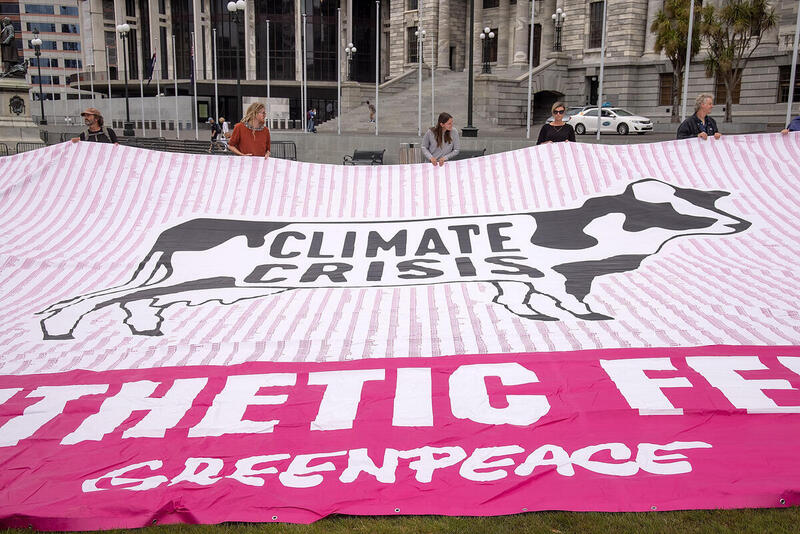
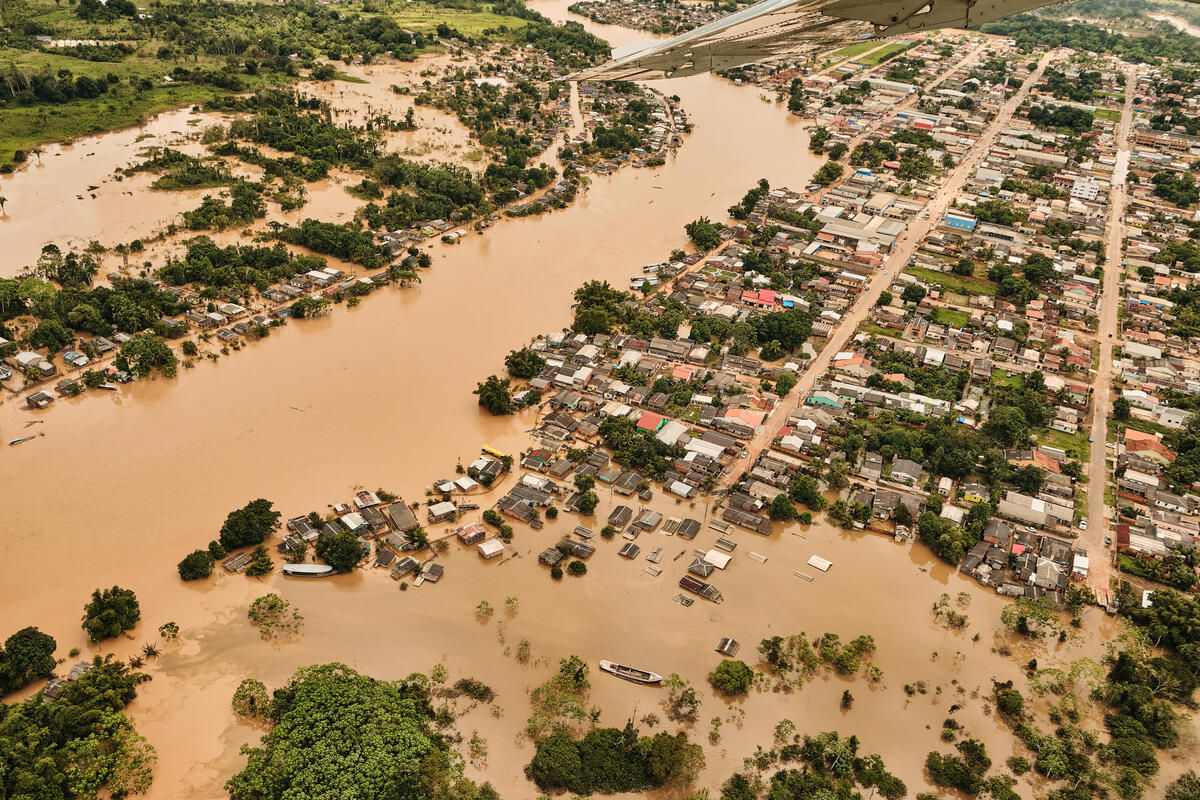
Climate breakdown is breaking climate records
In 2024, we experienced the planet’s warmest year so far. Increasing temperatures and heating oceans are putting everyone at risk, globally and here in Aotearoa.
Climate breakdown affects all aspects of human life – food production, access to fresh water, health and social cohesion. Extreme weather events are destroying homes, livelihoods and infrastructure. Native animals and plants are at risk of extinction when their habitats change.
It’s understandable to feel overwhelmed. Yet the future is in our hands.
Solutions to the climate crisis
From changing how we get our energy, to creating more local, circular and wellbeing economies; from protecting the oceans and transforming agriculture; people around the world are working on many and varied solutions.
Stabilising the climate is not up to one country, or one industry, it’s up to all of us, in every aspect of life. Our economic, food, energy, transport industries – in fact every industry has a part to play.
All the technologies needed to reach the necessary global emissions targets for 2030 already exist. Governments must strengthen the policies needed to speed their deployment.
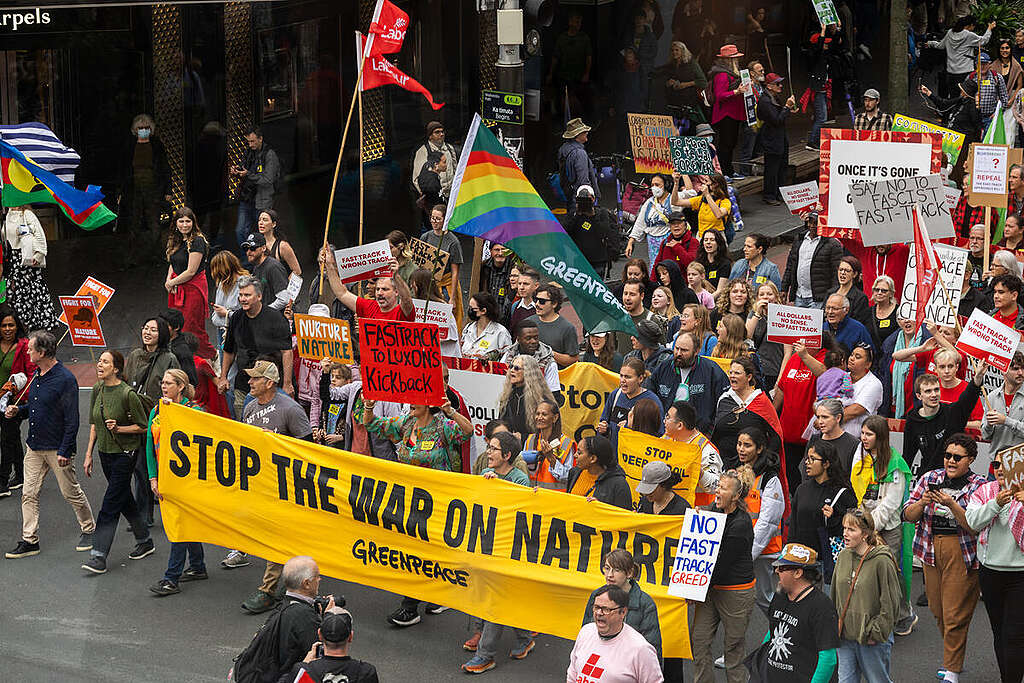
What can I do for the climate?
The best thing anyone can do for the climate is by taking action alongside others.
By joining in climate actions in our community, region or nation we can give solutions a chance to work – the solutions that will reconfigure our transport, agriculture and energy systems for a safe climate future. We need to repurpose our economies so that they work for people and the planet.
Together, let’s use our people power to protect current and future generations. Let’s stand together to make the world a greener, more just, and safer place.
Take action
-
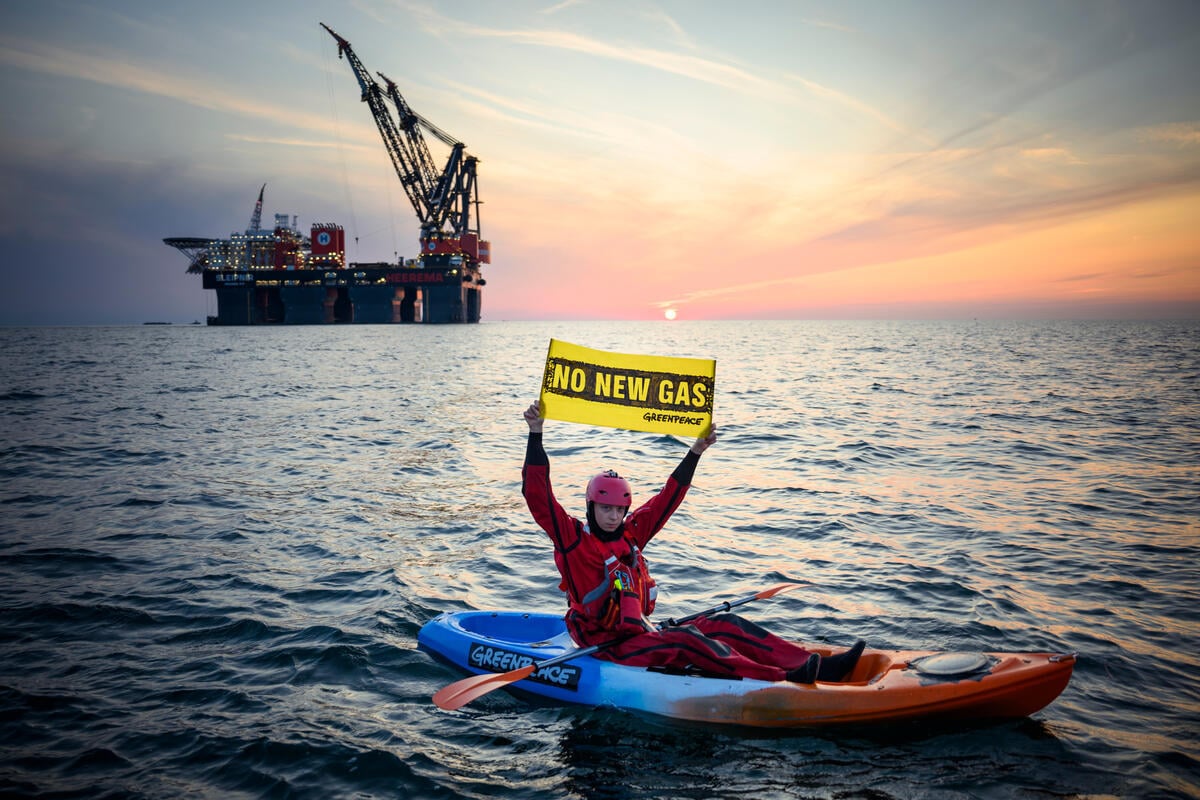
PETITION: Choose a Clean Energy Future
We call on the Govt to embrace New Zealand’s Clean Energy Future, invest in solar and wind, and reject new fossil fuel facilities.
-
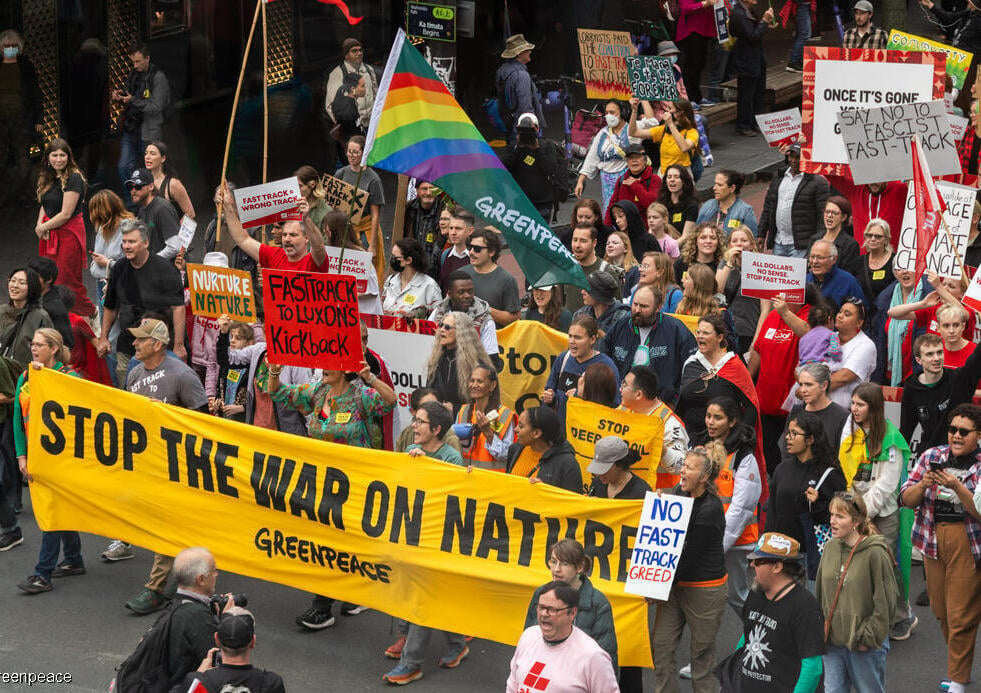
Open Letter to Stop the Fast Track
Sign on to this open letter to industry now to help push more of them to opt out of the Fast Track.
-
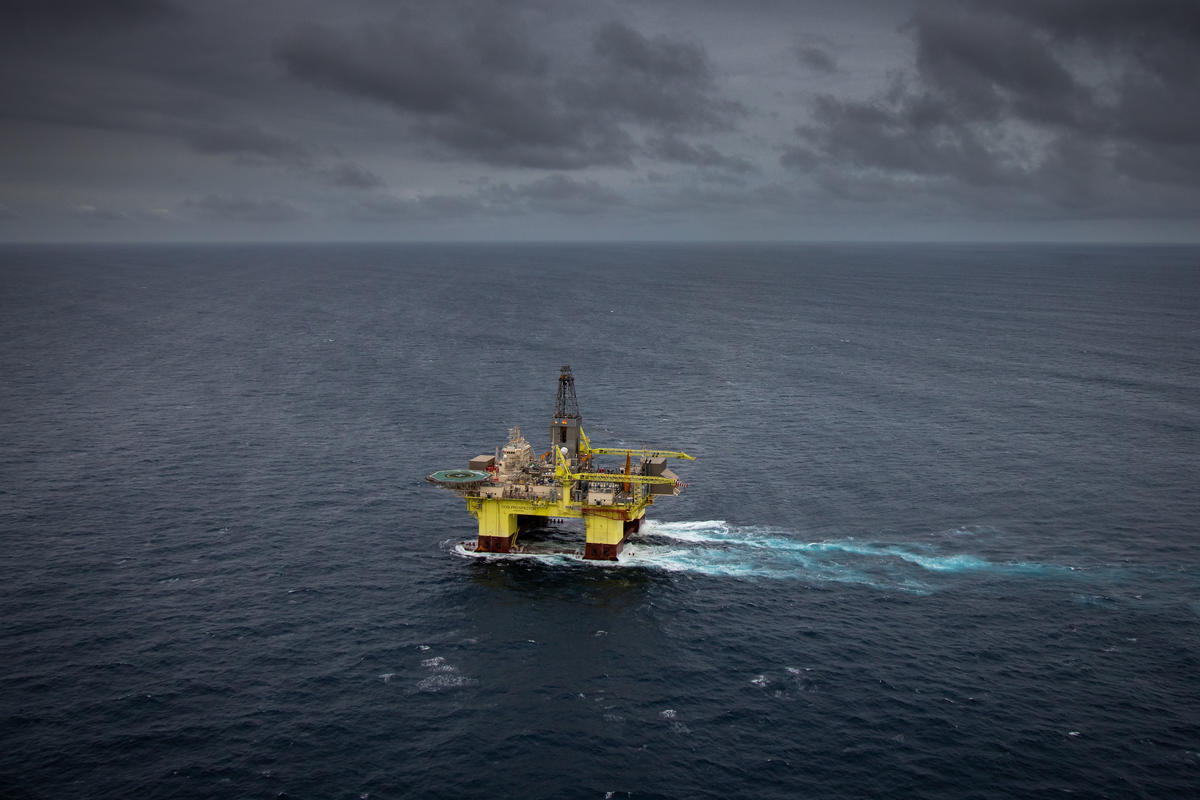
Say no to new oil exploration
Sign the open letter to the oil industry – We will resist oil exploration
What is Greenpeace doing about climate change?
Greenpeace Aotearoa campaigns work towards one goal – to ensure the ability of the earth to nurture life in all its diversity.
What coal mining is to Australia, what oil extraction and Saudi Aramco is to Saudi Arabia – that’s what intensive dairying and Fonterra is to New Zealand.
Fonterra alone produced almost a fifth of New Zealand’s total greenhouse gas emissions in 2023.
Too many dairy cattle produce a quarter of the country’s climate warming greenhouse gas emissions. Most of these emissions are the superheating gas methane. Just one tonne of methane has the same impact on climate change as 265 tonnes of carbon dioxide.
Reducing the number of cattle is the single most effective contribution New Zealand can make in the face of the climate crisis. This action works towards the goal of keeping within the global warming target of no more than 1.5 degrees. It can mean the difference we make to avoiding the next climate domino from falling.
Real climate action will mean the Government regulates to reduce the size of the dairy herd. The Government must phase out synthetic nitrogen fertiliser and supplementary feeds like PKE.
Our climate, our health, communities, and planet, cannot survive unless we drastically reduce plastic production.
Yet not only do the plastics and packaging industry want plastic production to triple by 2050, but so does the oil industry. This is because 99% of plastic is made from oil and gas.
Corporate giants urgently need to reduce plastic production by at least 75% (by 2040) to limit global overheating. This can play a role to prevent the increasingly dangerous and irreversible impacts of the climate crisis.
A strong Global Plastics Treaty will keep oil in the ground and ensure a just and safe transition built on reuse and refill solutions.
We have a once-in-a-generation challenge. To stop another extractive industry – deep sea mining – from harming the global oceans the way the fossil fuel companies have done to our global atmosphere.
The deep sea is an incredibly important store of ‘blue carbon’, the carbon that is naturally absorbed by marine life. Blue carbon remains stored in deep sea sediment for thousands of years after these creatures die – helping to balance the climate.
But by impacting on natural processes that store carbon, mining the deep sea floor could make the climate crisis even worse. The disruption caused by the machines may release carbon stored in deep sea sediments.
The ocean is home to a huge variety of wildlife on this planet. It stabilises the climate, provides food security for billions of people and is spiritually and culturally significant to tangata whenua and Tagata o’le moana (the people of the Pacific).
Oceans play a significant role in regulating Earth’s climate by absorbing and storing carbon dioxide. Ocean sanctuaries help sequester carbon and reduce the impact of climate change.
Critical habitats like mangroves, seagrass beds, and coral reefs act as carbon sinks. Protecting these vast stores of blue carbon can slow climate change.
The oil industry’s drive for continued extraction of fossil fuels puts all at risk. Over years a movement of iwi, Greenpeace and hundreds of thousands of people led to the end of new offshore oil and gas exploration in 2017.
The National-led Government wants to bring back new offshore oil and gas exploration. But if the oil industry thinks anything will be any easier than last time they were here, they’re wrong. We will never allow offshore oil and gas exploration to recommence in Aotearoa.
-
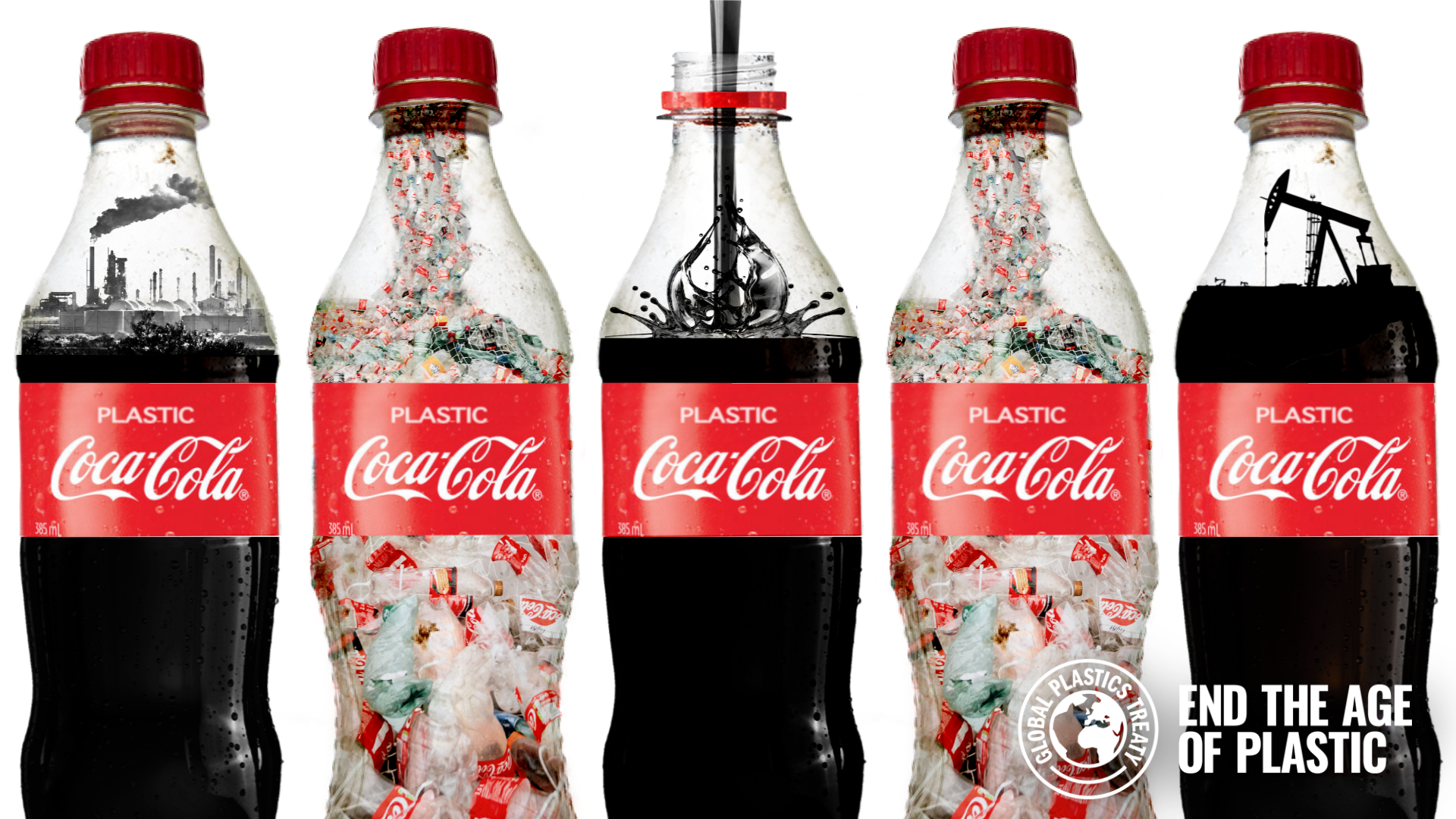
Unbottling the truth: Coca Cola’s role in plastic pollution
Coca-Cola’s signature red bottles are becoming representative of environmental harm. The polluter sells more than 100 billion single-use plastic bottles each year with many ending up in landfill and the ocean.
-
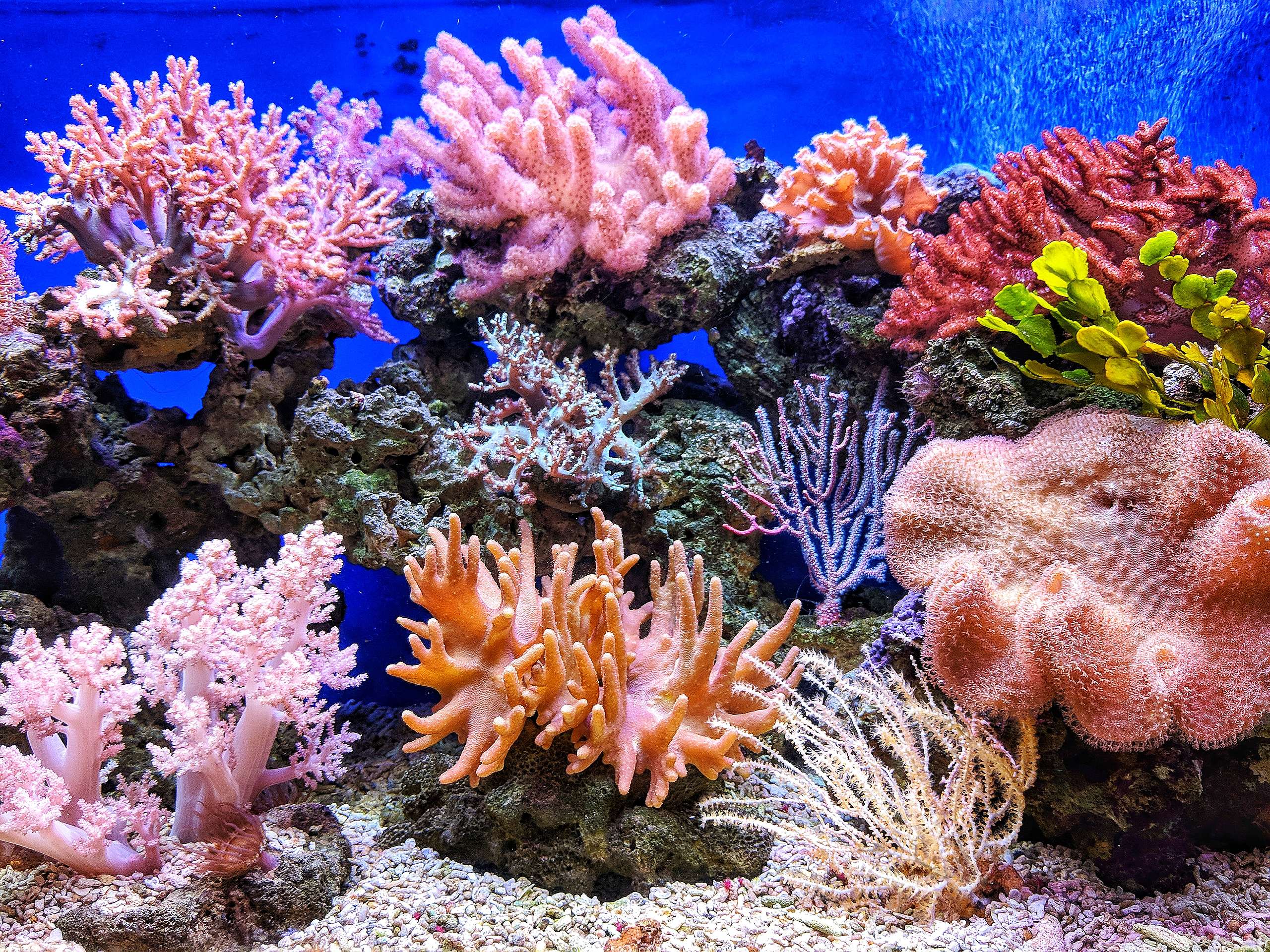
How does overfishing make climate change worse?
For the oceans, one of the biggest drivers of biodiversity loss is industrial-scale fishing. Fish stocks and ocean ecosystems are in decline in many parts of the world because of overfishing and destructive techniques.
-
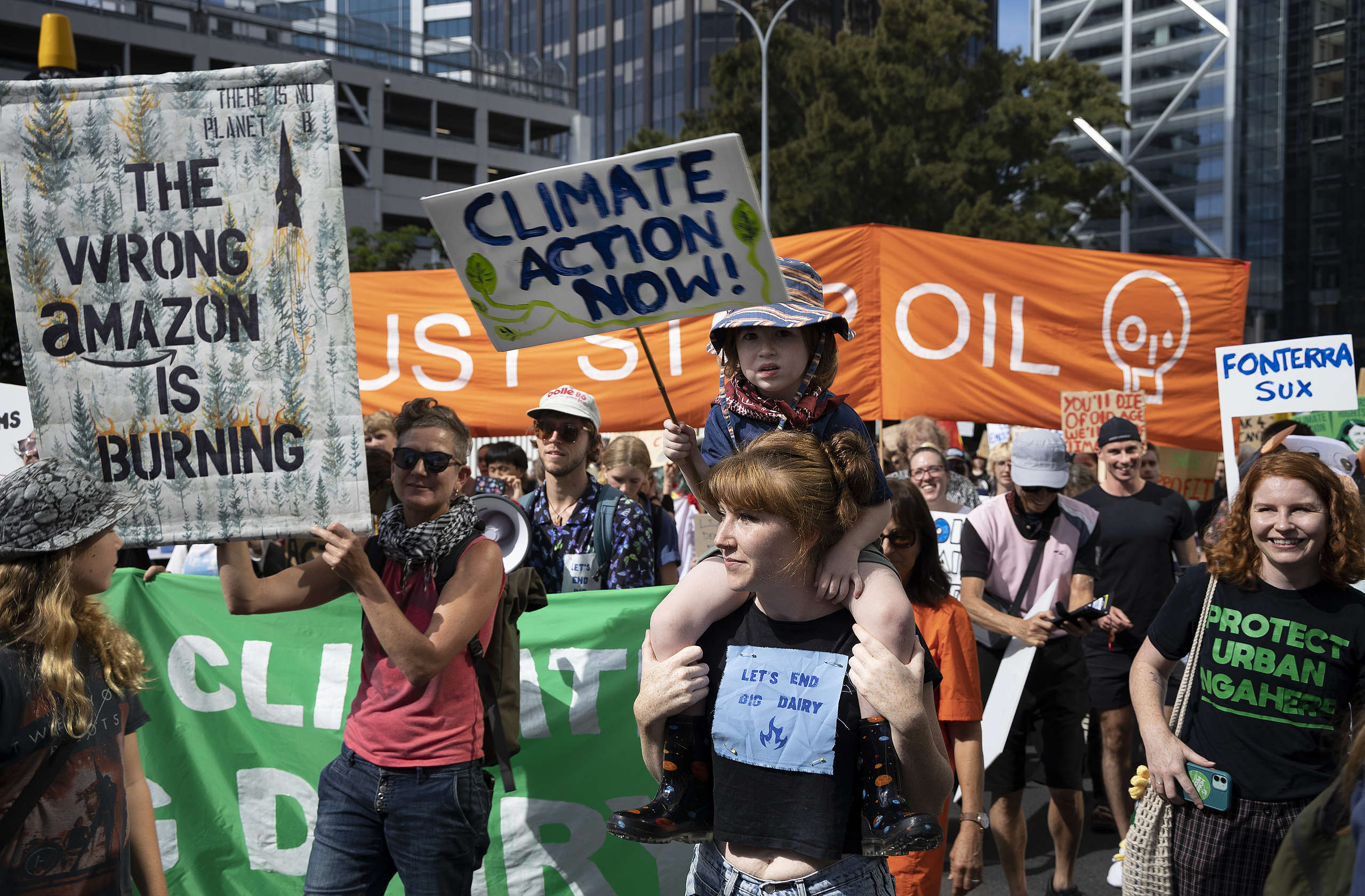
Why Fonterra was targeted by the climate strike
On Friday thousands of us around Aotearoa, and around the world, marched for climate action and climate justice.
-
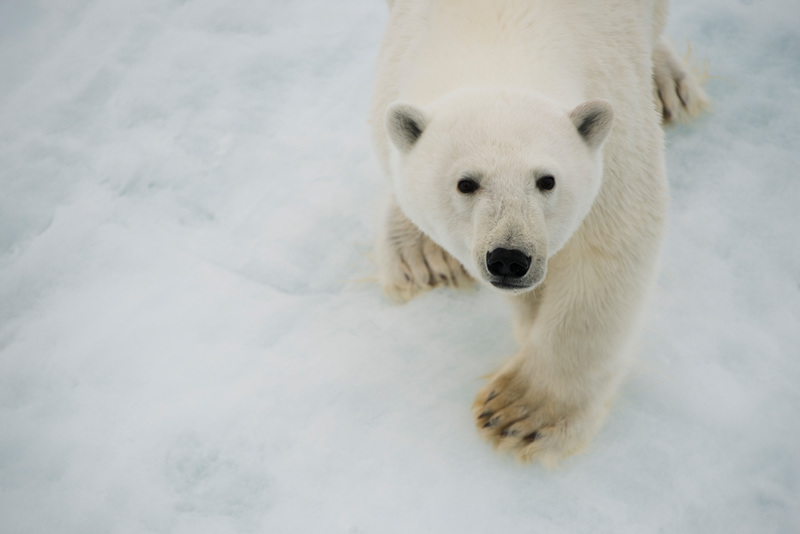
3 reasons the Willow Project Arctic oil drilling project was approved
The Willow Project lies within a vast, 23 million-acre area known as the National Petroleum Reserve-Alaska. A global movement to Stop Willow has sprung up involving TikTok campaigns, stop willow petitions and much more.
-
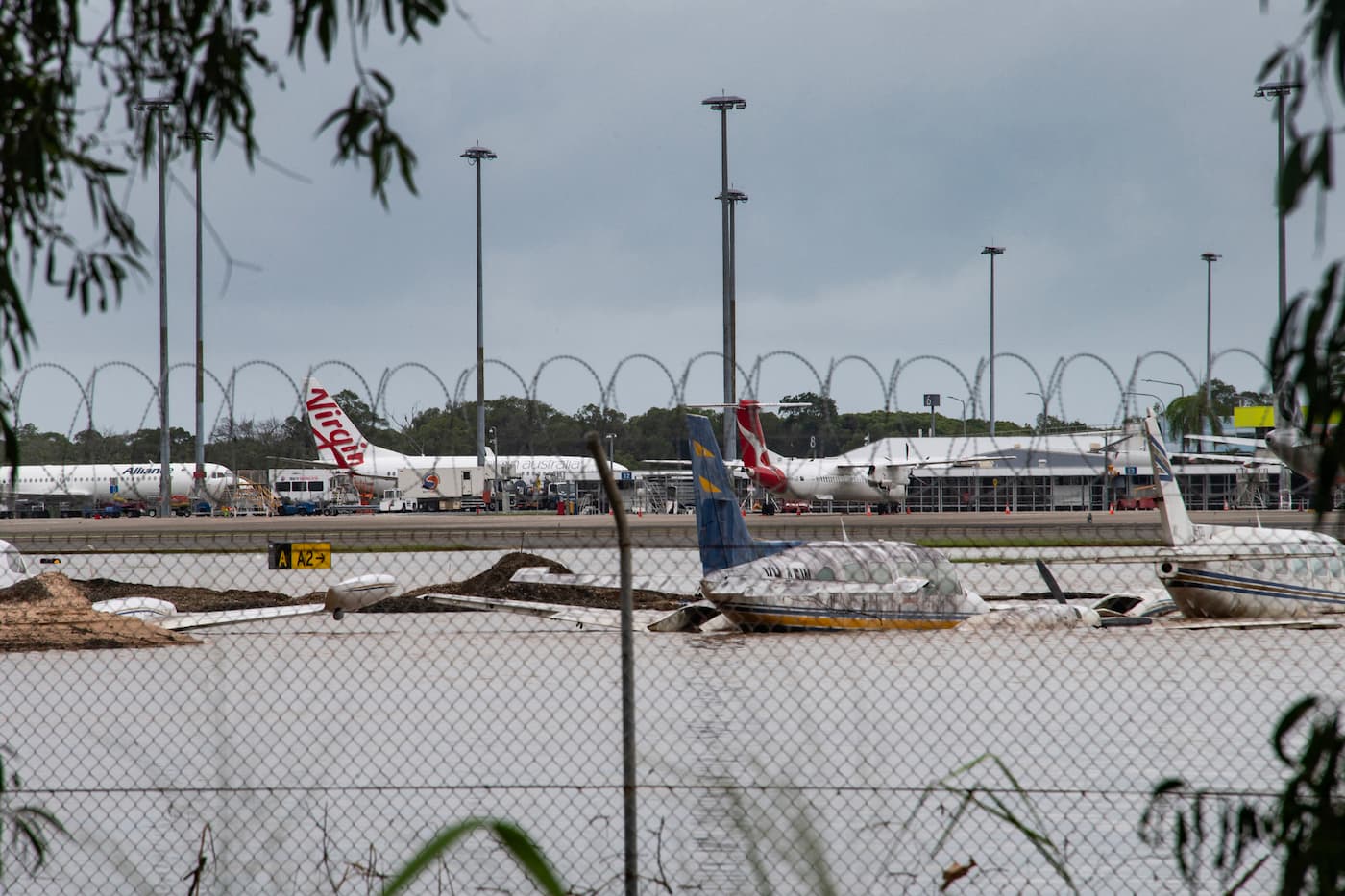
Cyclone Jasper and climate change
Unprecedented rain brought by Tropical Cyclone Jasper has triggered widespread flooding in far north Queensland, forcing thousands of people to evacuate. Cairns airport is closed, roads are extensively damaged, and…
-
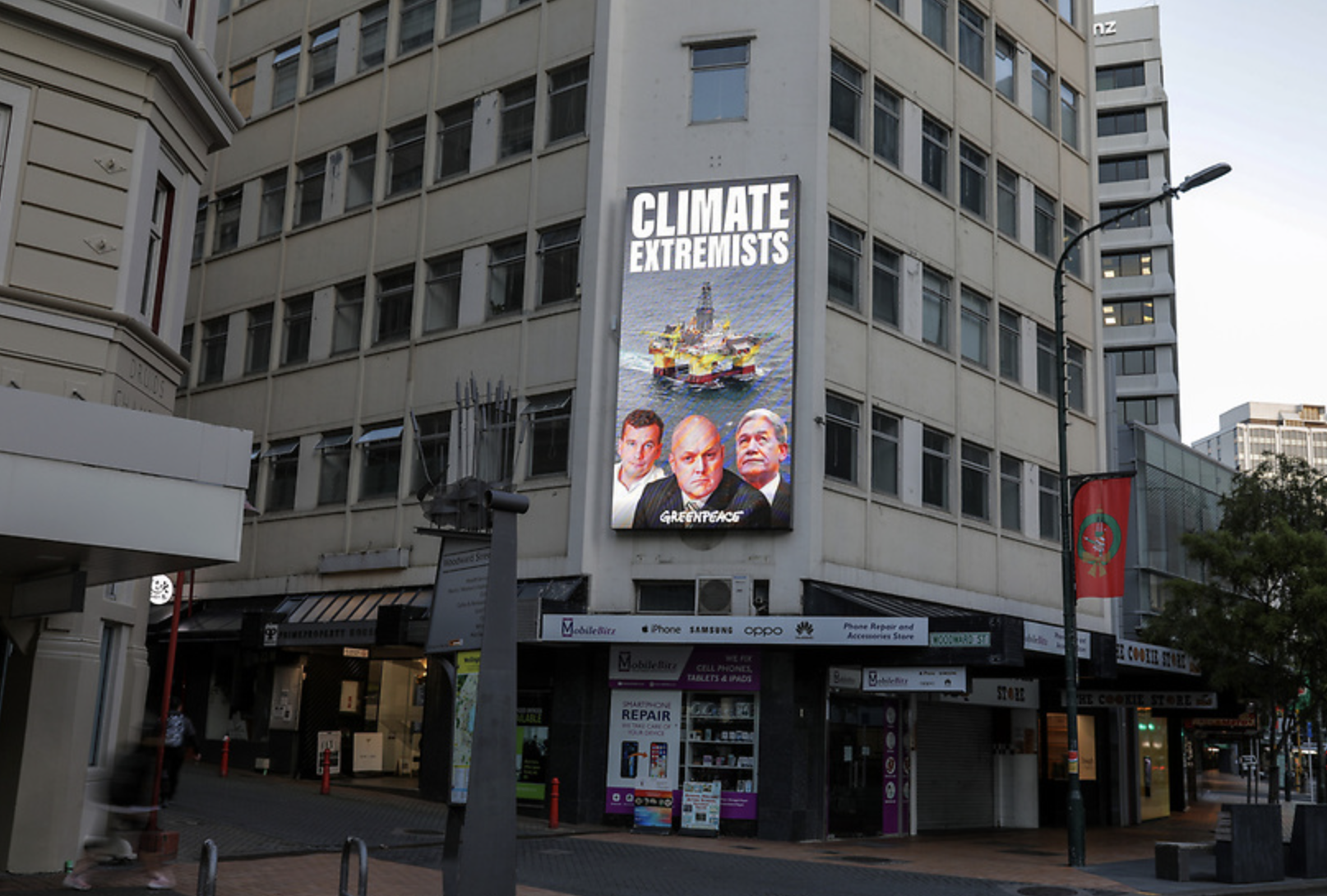
5 reasons why Christopher Luxon, David Seymour, and Winston Peters are climate extremists
So you’ve seen the Greenpeace billboard in Wellington, calling Christopher Luxon, David Seymour, and Winston Peters ‘climate extremists’. But why are these politicians climate extremists?
-
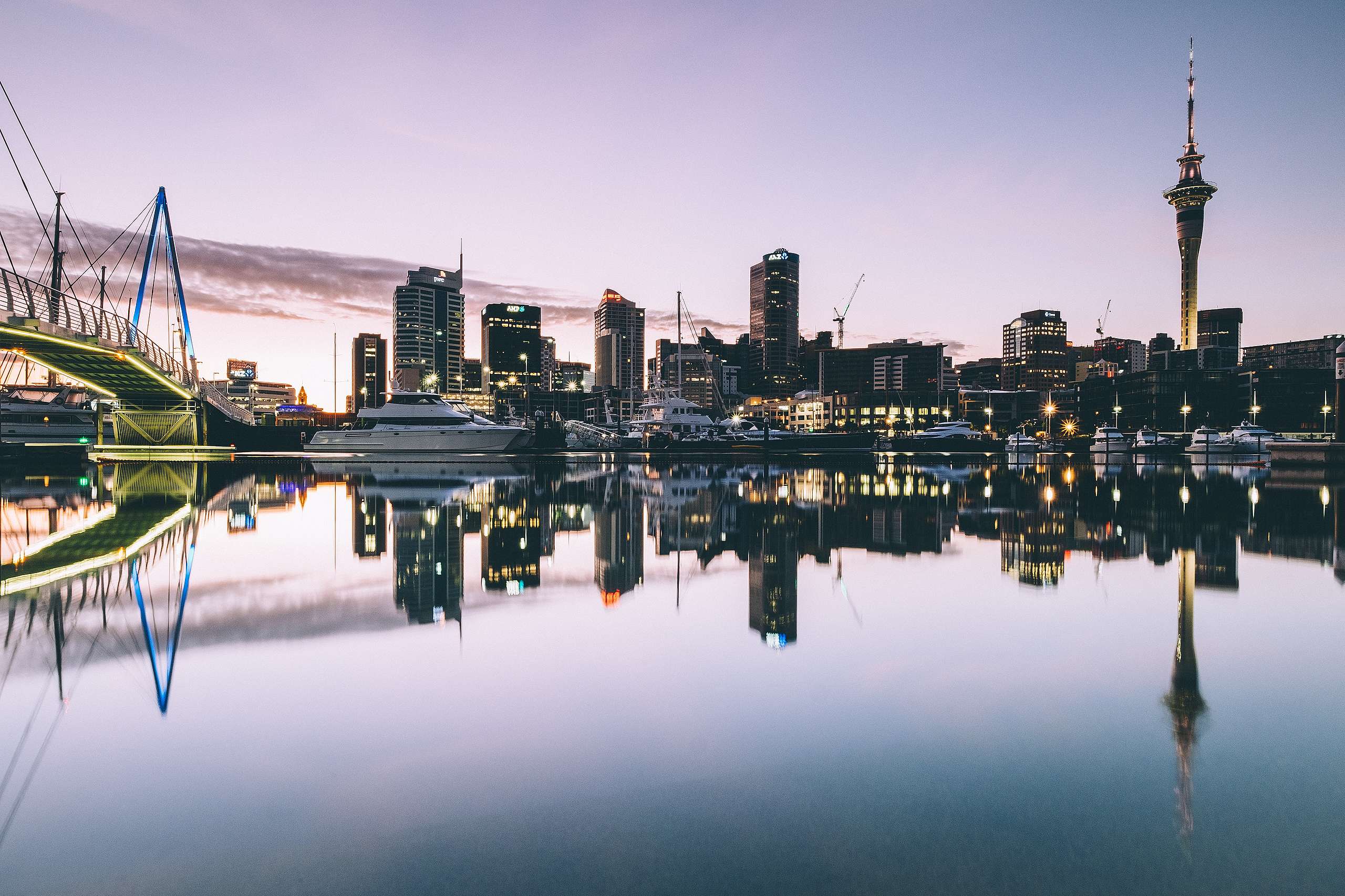
Could a 4 day working week help reduce emissions and our carbon footprint?
As part of New Zealand’s Covid recovery, Jacinda Ardern has indicated that a 4 day working week could be on the cards. Could that be a win for the environment too?
-
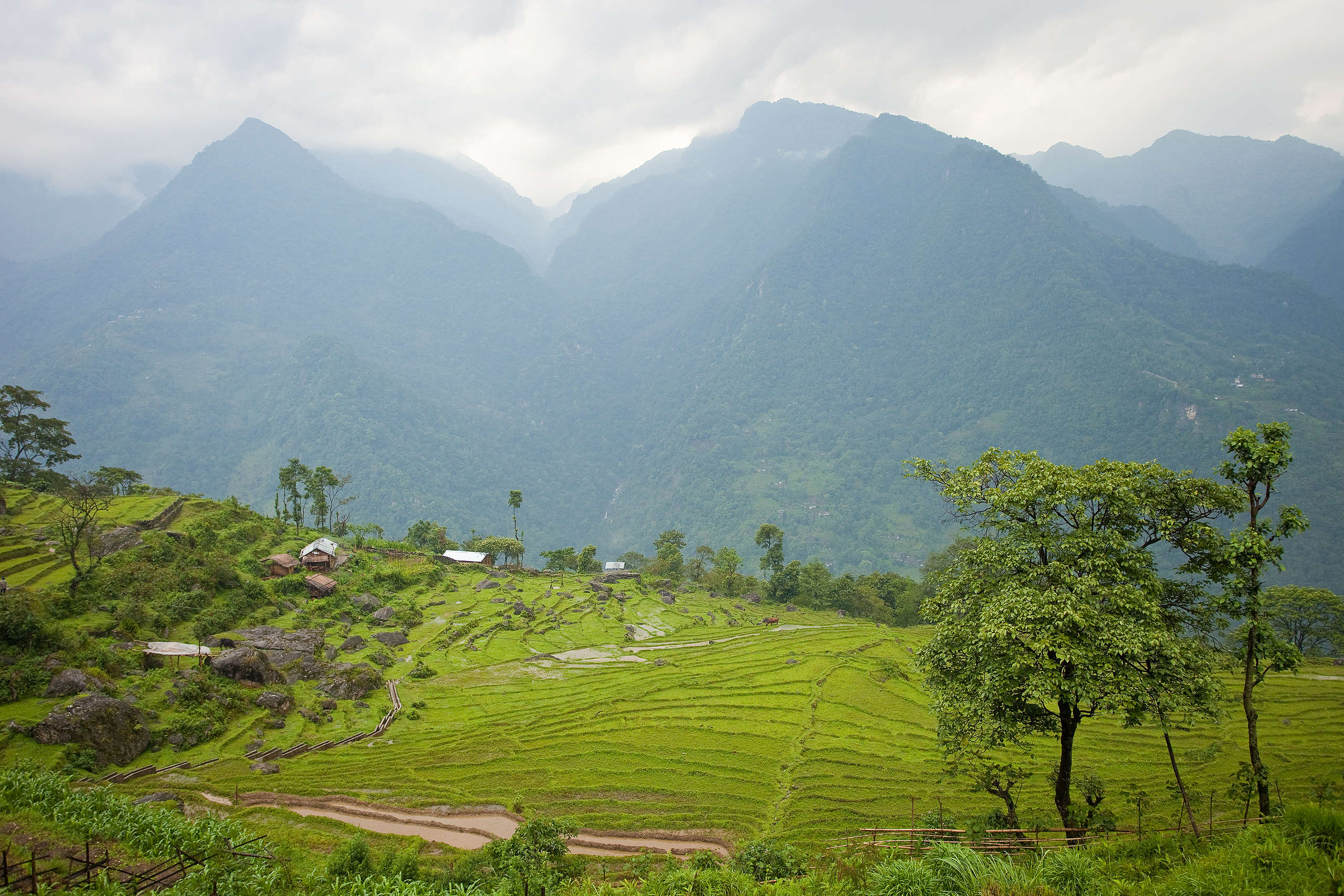
The state that proved it’s possible to go 100% organic
Jacinda Ardern once told the United Nations that “We are determined to show that we can be the most sustainable food producers in the world.” But, when she made that promise in 2019, that title was already taken, and is still firmly held by a state in northeast India, called Sikkim.
-
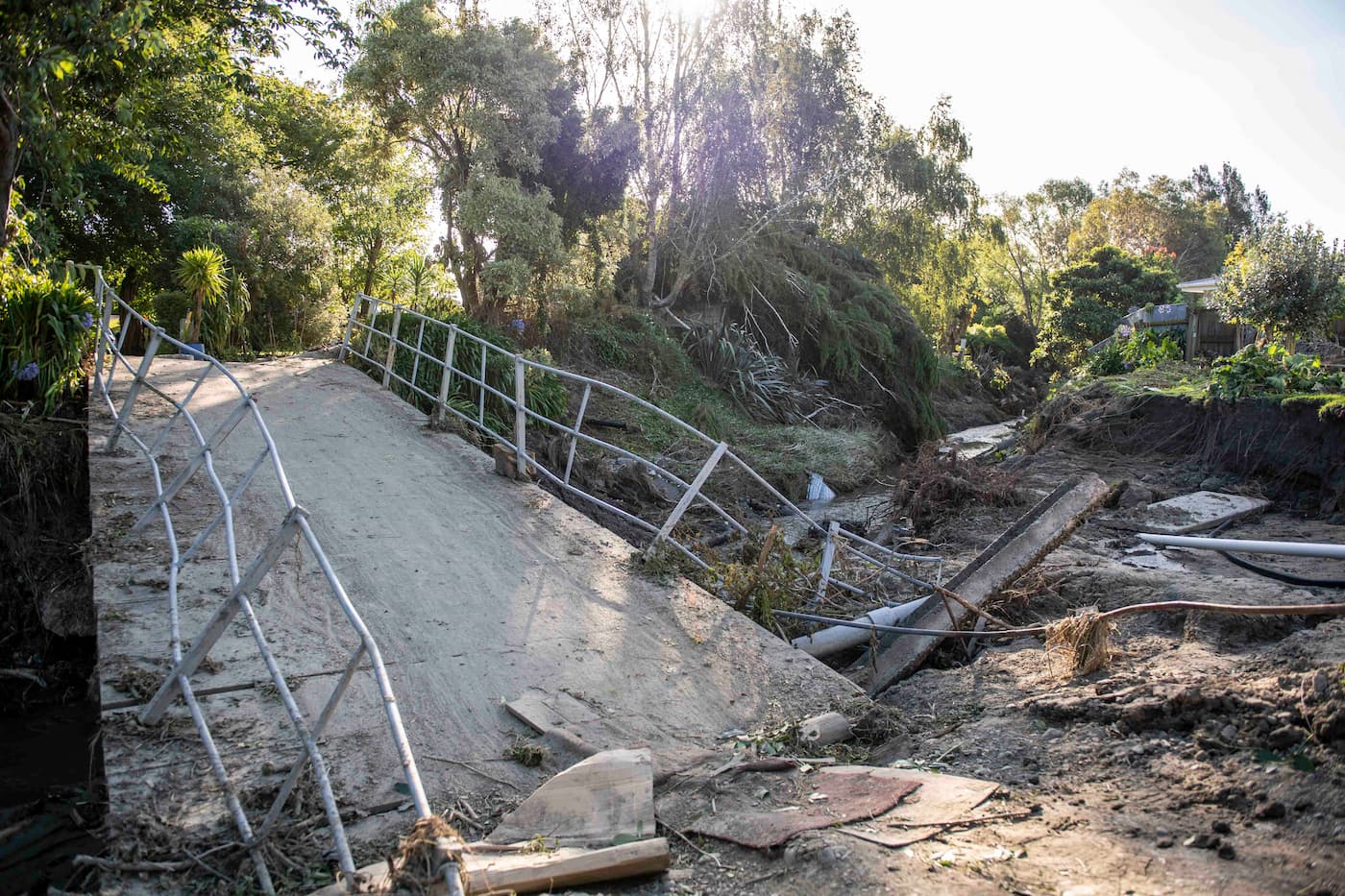
Cyclone Gabrielle anniversary – one year on, there is both despair and hope
One year ago this week, Cyclone Gabrielle hit Northland and began tracking down the country, causing widespread damage and killing 11 people.
-
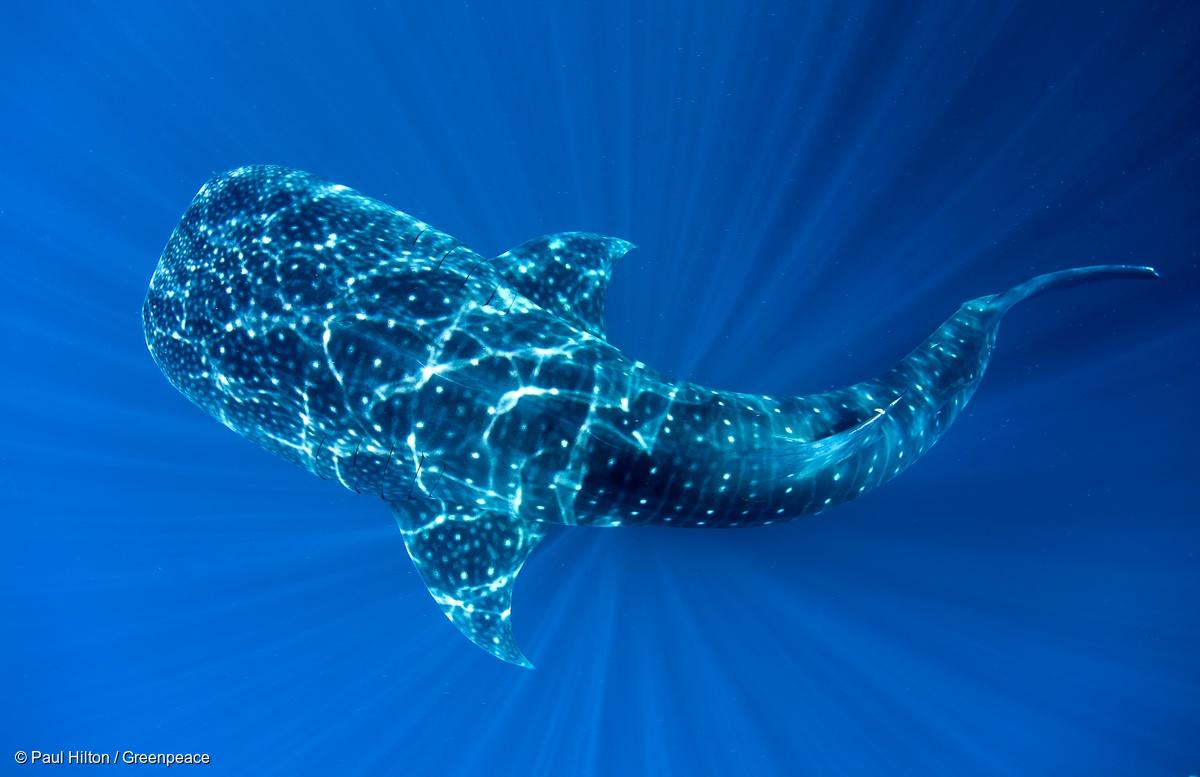
How oceans play a key role in the fight against climate change
Oceans are crucial to keep the planet alive. Not only are they the source of food and work for millions of people but they also are essential to weather control, and without them, life on this planet would be impossible.
-
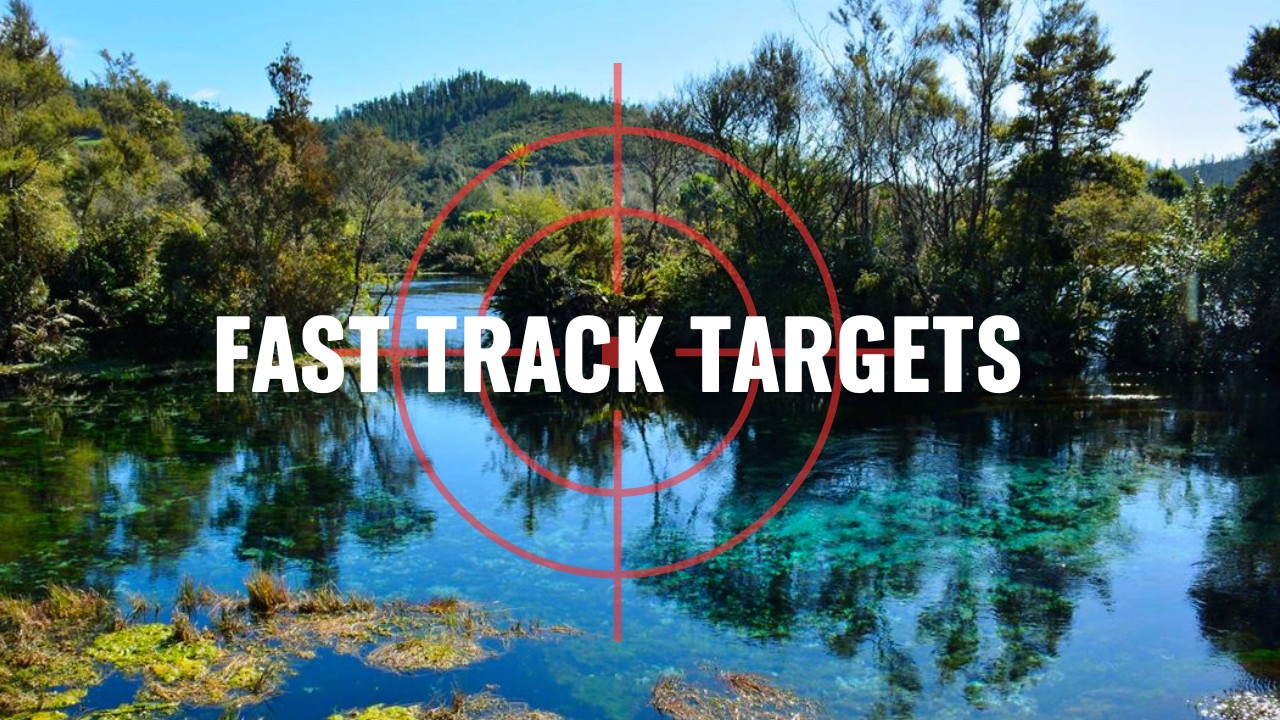
The fast-track projects that we know of
The Fast Track Bill could see damaging developments in many areas we know and love here in Aotearoa.
-
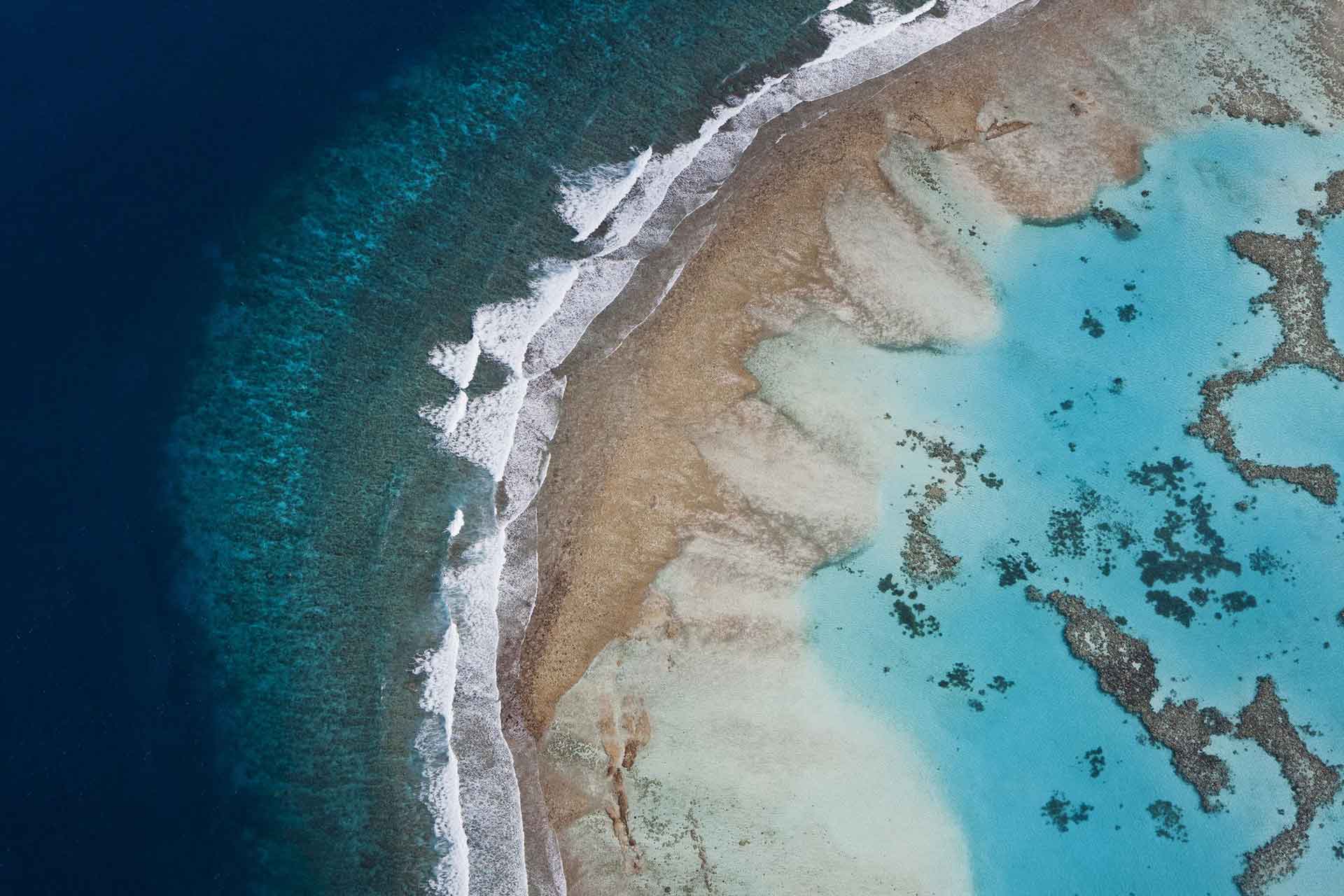
The heat is on: what we know about why ocean temperatures keep smashing records
Over the last year, our oceans have been hotter than any time ever recorded. Our instrumental record covers the last 150 years. But based on proxy observations, we can say…

Support our work
Greenpeace is one of the key organisations working on climate change and global warming in New Zealand, and pushing for climate action. We are the biggest international organisation working on climate change in NZ, and we get results. You can support our work through a small regular donation or a one-off gift.
Up-to-date news on Greenpeace and climate change
-
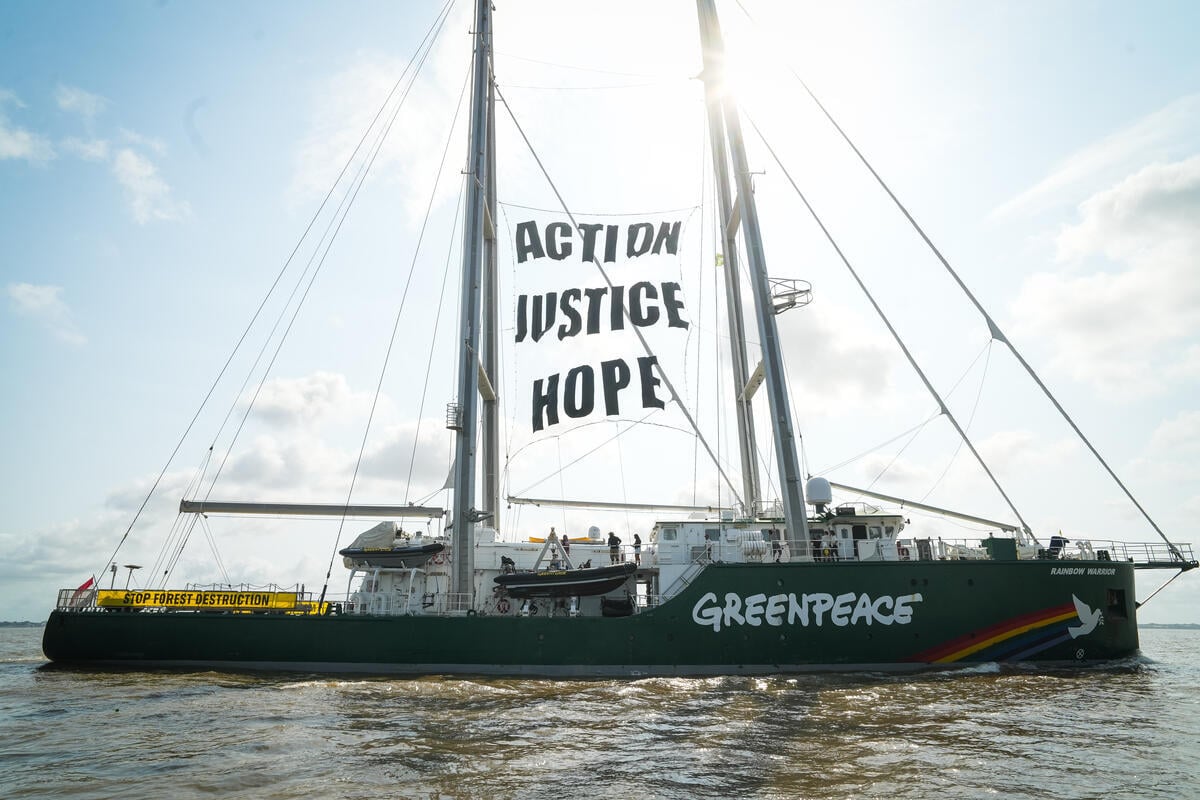
2025: A year of wins, action and resistance
2025 was a year of people power, hard-fought wins, and standing up against political and corporate harm.
-
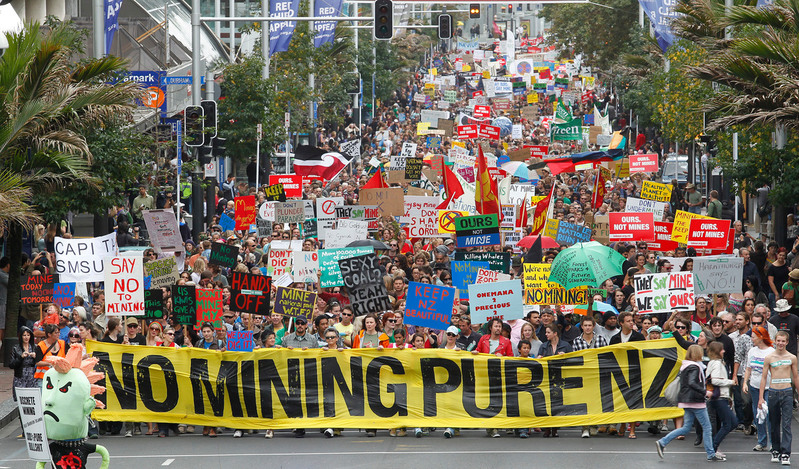
Mining rules rolled back – wetlands and biodiversity hotspots in the firing line
The Government confirms a major rollback of environmental protections, clearing the way for mining in and around wetlands, significant natural areas, and highly productive soils.
-
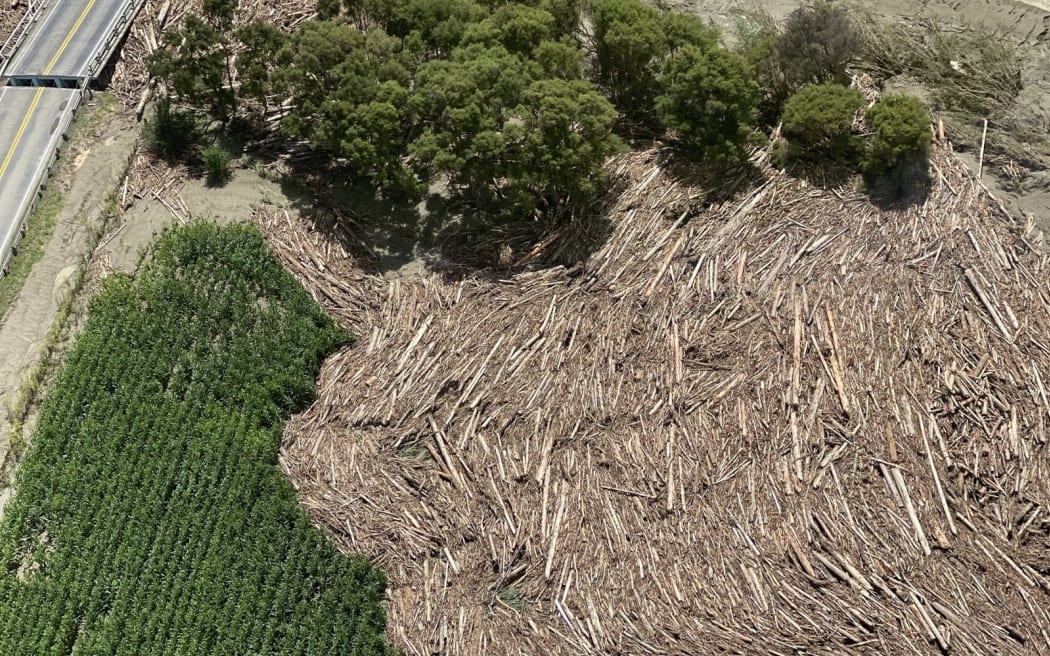
Luxon’s putting Aotearoa up for sale – in the dead of the night
What is the Overseas Investment Amendment Bill and why have you barely heard of it?
Subscribe
Greenpeace is people, people like you, and together we are unstoppable! Add your details and we’ll send you regular action alerts and campaign information.
